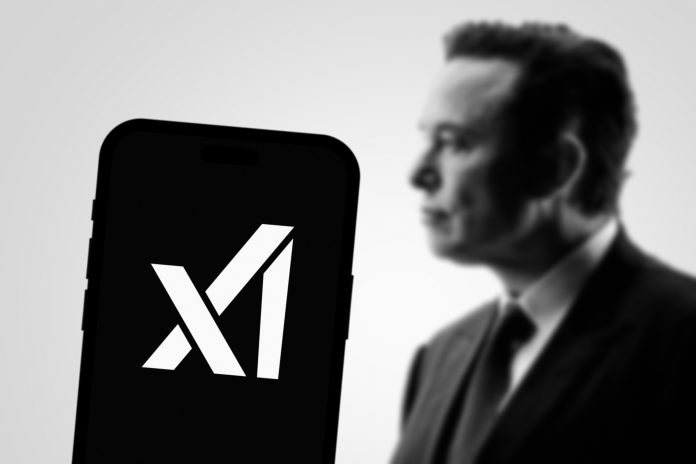Elon Musk’s AI startup, xAI, is rapidly scaling up by drawing on his other businesses’ resources, talent, and technology, including Tesla and social media platform X (formerly Twitter). Musk aims for xAI to develop the world’s most powerful AI by December, but this ambitious goal has sparked concerns among investors about the potential impact on his other companies.
Since its launch in July 2023, xAI has recruited at least 11 former Tesla employees, including six who worked on Tesla’s Autopilot team, focusing on AI-driven self-driving technology. Additionally, xAI has secured access to critical graphic processing units (GPUs) and real-time data from X. Musk has also redirected GPUs initially reserved for Tesla to support xAI’s needs, further integrating the operations of his companies.
Musk’s practice of sharing resources across his business empire isn’t new. He has previously leveraged talent and technology from SpaceX, Neuralink, and The Boring Company to benefit his various ventures. However, the increasing overlap between xAI, Tesla, and X has raised red flags among Tesla shareholders, some of whom have filed lawsuits claiming that shifting resources to xAI is detrimental to Tesla’s interests. These pending lawsuits in the Delaware Court of Chancery allege that Musk is violating his fiduciary duties and seeking to have his stake in xAI transferred to Tesla.
Musk argues that the synergies between his companies benefit all stakeholders despite these legal challenges. He has publicly discussed using Tesla’s vast troves of visual data to train xAI’s models and suggested that X shareholders could own a 25% stake in xAI. Musk’s collaboration across his companies is also evident in xAI’s recent $6 billion fundraising, highlighting the startup’s access to data from Musk’s other businesses as a key selling point.
xAI has made significant strides since its inception, launching the Grok chatbot and building what Musk describes as the world’s largest data center. The startup now boasts a valuation of $24 billion, making it the second-largest AI startup behind OpenAI, which Musk co-founded in 2015 but left in 2018.
However, the close ties between xAI and Musk’s other ventures have created friction with Tesla investors, who worry that the electric vehicle maker’s resources are being diverted to support xAI’s rapid growth. One shareholder lawsuit, filed by the Cleveland Bakers and Teamsters Pension Fund, specifically targets the reallocation of Nvidia GPUs from Tesla to xAI and X, arguing that Musk is creating significant value at xAI at Tesla’s expense.
Musk has defended these decisions, stating that the Nvidia chips would have otherwise gone unused at Tesla and that they can be returned in the future. Nonetheless, the ongoing resource-sharing between xAI, Tesla, and X underscores the challenges Musk faces in balancing the competing demands of his various enterprises while maintaining investor confidence.




